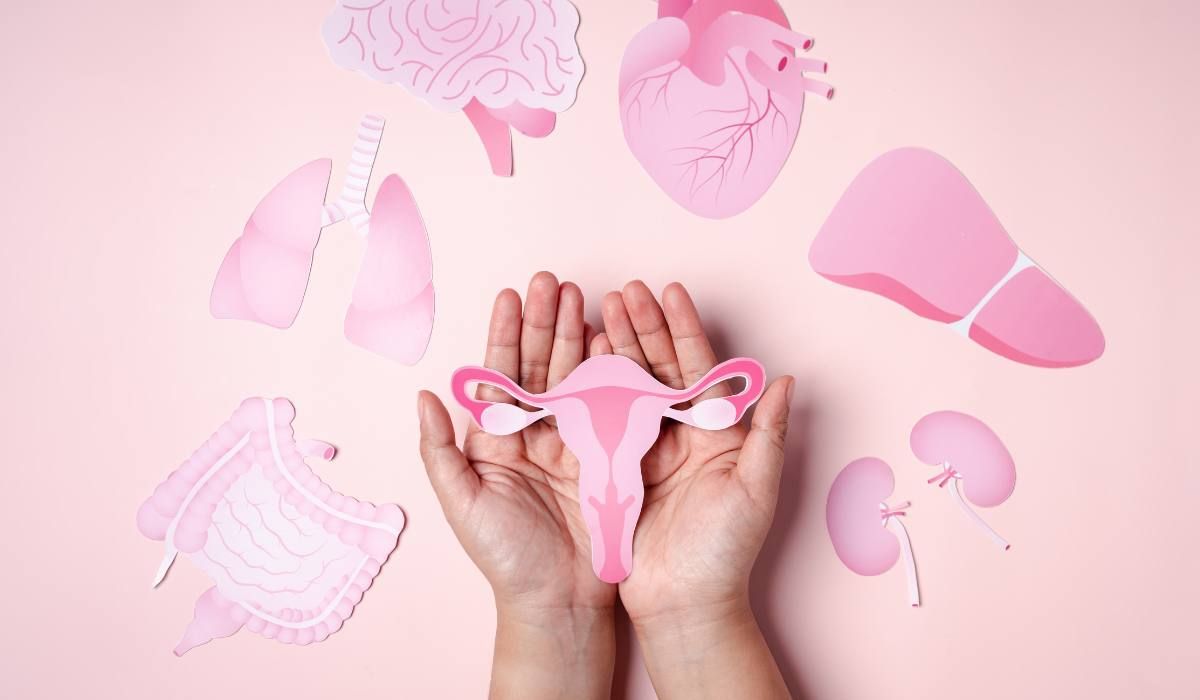

Women’s mental health is complex—and it’s about far more than just willpower or “having a positive attitude.” Behind the scenes, powerful hormones shape our moods, energy, and even how we see ourselves. Yet, for generations, women have been told to “tough it out” or dismissed as “emotional.” That ends now.
It’s time to break the silence, bust the stigma, and talk about the real connections between hormones and mental well-being. Whether you’re a teen grappling with mood swings, a new mom struggling to find her balance, or in midlife wondering if it’s just stress or something deeper—this is for you. Let’s explore what’s really happening inside your mind and body, and how Dr Tini’s patient-first approach can help you thrive at every stage.
Let’s cut through the jargon. Hormones are chemical messengers—tiny but mighty!—that carry instructions throughout your body. The major players in women’s mental health? Estrogen, progesterone, and (yes, even) testosterone. These rise and fall in unique rhythms, from puberty to menopause.
How Hormones Affect Your Mood:
For many, mental health challenges first appear during puberty. As hormones surge, so can mood swings, irritability, or anxiety. It’s not “just being dramatic”—it’s biology in action.
What to watch for:
What helps:
As cycles become regular, hormones fluctuate monthly. For some, this means the occasional “off day.” For others, it’s a real struggle.
Mild mood swings, irritability, or sadness before your period. Common—but if it’s interfering with life, don’t just accept it.
A severe form of PMS, PMDD brings intense emotional symptoms—like depression, anger, or anxiety—that can disrupt daily life.
Quick Facts:
Coping Strategies:
Pregnancy and the postpartum months are times of enormous hormonal change. For some, this brings happiness; for others, it brings waves of anxiety, sadness, or even despair.
Warning signs:
What helps:
Hormonal shifts don’t stop in midlife. In the years leading up to menopause (perimenopause) and after, estrogen and progesterone drop sharply. Mood changes—like anxiety, irritability, brain fog, or depression—are common but not inevitable.
Symptoms to watch for:
What helps:
Mental health struggles aren’t a sign of weakness. If you’re:
…it’s time to reach out. Dr Tini’s approach is warm, confidential, and judgement-free—focused on your story, your needs, and your whole self.
Dr Tini believes that understanding the hormone-mental health connection is the first step. But real healing goes deeper—treating the whole person, not just the problem. Here’s what that looks like in her care:
Q: Are mood swings normal during periods or menopause?
A: Yes, but if they interfere with daily life, it’s worth speaking to your doctor.
Q: Can birth control help with mood symptoms?
A: Sometimes! For some women, hormonal birth control stabilizes mood, while for others it can worsen symptoms. Dr Tini can help you weigh the options.
Q: Is it “just hormones”—or something more?
A: If your feelings are intense, long-lasting, or affect daily functioning, it’s not “just” hormones. Don’t hesitate to get support.
You’re not alone in this journey. Whether it’s a quiet struggle or an overwhelming storm, your feelings are real—and help is closer than you think. Dr Tini and her team are ready to listen, guide, and support you through every stage. Speak up, reach out, and let’s rewrite the story of women’s mental health together.